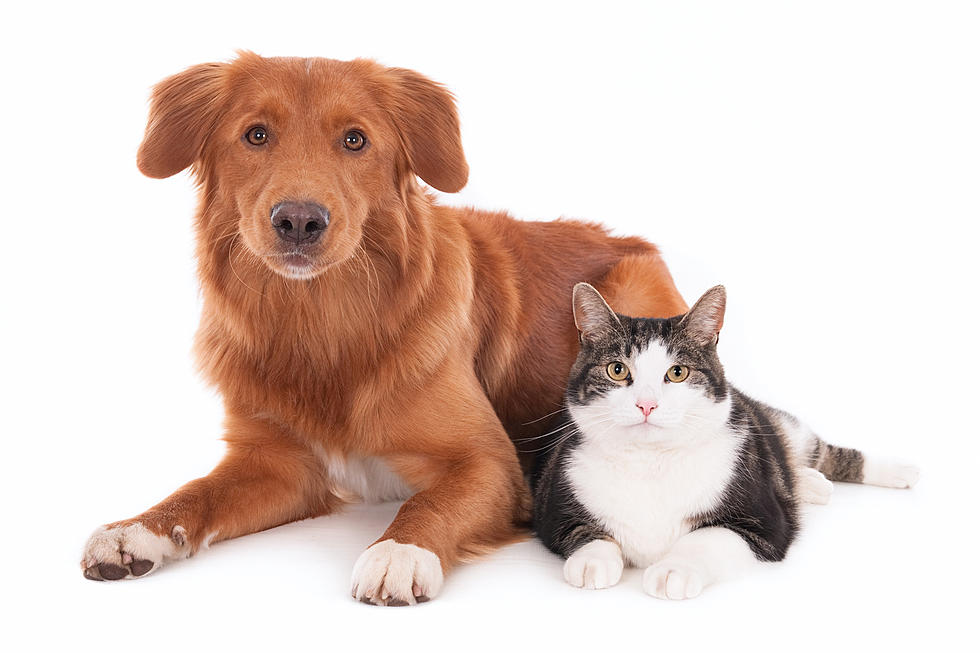
Fat pets get help at NJ camps
We know obesity rates in people continue to climb, but now comes word the number of overweight and obese pets is also on the rise.
Recent data indicates 53 percent of all dogs have a significant weight problem, and 58 percent of cats are overweight. Just like people, these pets can develop joint problems, diabetes, heart disease and decreased life expectancy over time.
In response, a growing number of New Jersey pet owners are sending their animals to special weight loss camps and clinics. The owners may have been part of the problem; that same data shows over 80 percent of humans feed their dogs two or more snacks every day.
"There's no doubt that we do have an overweight -- in general -- population as far as pets go, and it's kind of mimicking what's happening in our society, and things that can educate the public to have healthier pets because of some weight loss is not a bad thing," said Dr. Peter Falk of Ocean County Veterinary Hospital, co-chair of the New Jersey Veterinary Medical Association Public Relations Committee.
He said if people are thinking about sending their dog to a weight loss camp, "it would probably be a good idea to go to their veterinarian, have this discussion and get a physical exam and discuss some diet, and make sure that your pet would be suitable for this."
Besides specialized weight loss camps for pets, Falk said there are also several veterinary facilities throughout New Jersey that can help.
"We do have weight loss programs," he said, "where we examine the pet, we have that discussion with the owners, and we have the pets come in frequently for weigh-ins to see how we're doing."
He said helping your pet drop a few pounds isn't going to happen overnight.
"It really is a long-term goal, it's not a race," Falk said. "It's something that we want to do over time so that pets can be healthier for it."
Weight loss camps for dogs usually feature nature walks, treadmill and pool workouts (including "Barko Polo") and even some "pawlates" or "doga" classes (as opposed to Pilates or yoga). Treats offered include organic granola, string beans and carrots.
Trying to help a cat lose weight, however, is not as easy.
"It's really hard in cats because even though they can play and exercise, it's not the same level of activity that we can do with our dogs," Falk said. "Most people don't take cats for walks or go to the beach with them."
The Associated Press contributed to this report.
More From New Jersey 101.5 FM









